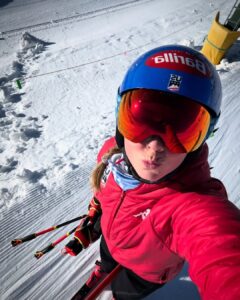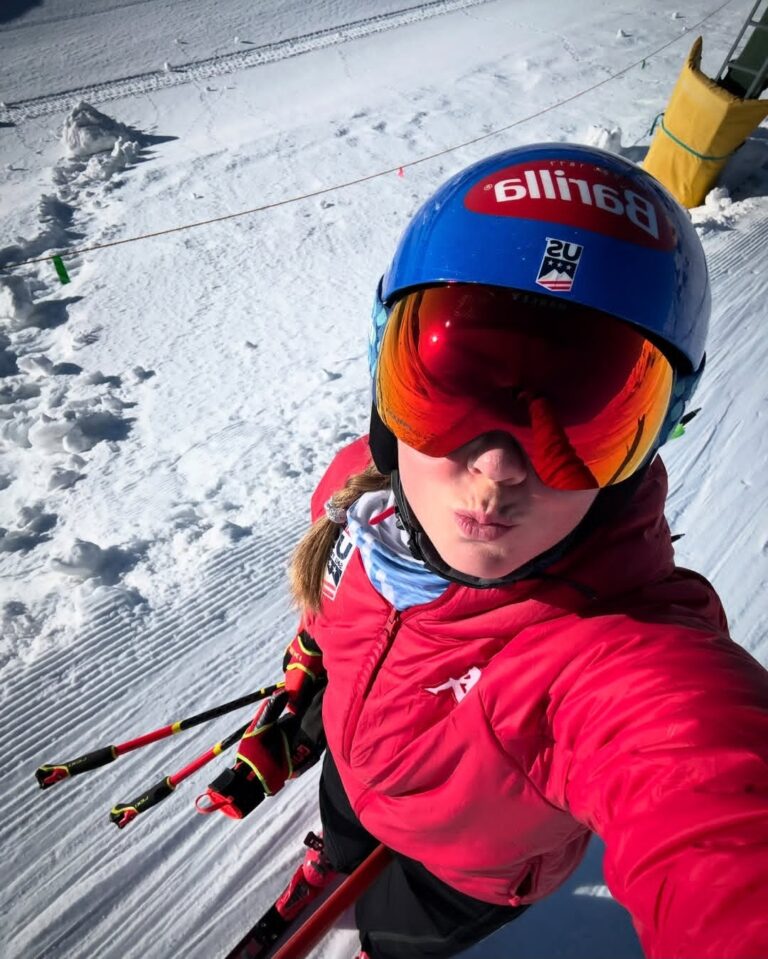Mikaela Shiffrin, the most decorated alpine skier in World Cup history, will chase her 102nd career victory and ninth triumph at Levi on Saturday, competing on a course built entirely from snow harvested and preserved from previous seasons.
The Arctic Circle resort, a fixture on the World Cup calendar since 2004, has pioneered snow-farming techniques to guarantee race-ready slopes regardless of natural snowfall. With temperatures already below freezing and fresh snow falling this week, Levi’s slopes will nonetheless rely on a base layer composed of 100% recycled snow.
Each spring, resort crews stockpile approximately 40,000 cubic metres of snow—up from an initial 15,000 cubic metres tested in 2016—beneath layers of geotextile blankets and Finnfoam insulation. The method preserves roughly 70% of the stockpile through summer, enabling crews to redistribute it across the race hill in October before the ground hardens.
“Snow farming eliminates uncertainty,” said Marko Mustonen, Levi Ski Resort’s commercial director. “We can prepare the course weeks ahead of the first natural snowfall, while reducing energy and water demands compared to producing fresh artificial snow each autumn.”
The practice, born from a 2015 race cancellation due to insufficient snow, now underpins Levi’s reputation for consistent early-season conditions. Resort officials note that some of the base layer in use this weekend may date back several years.
Shiffrin has dominated Levi’s slalom hill, claiming eight victories since 2013. Local tradition awards each winner a reindeer; the American’s herd already includes Rudolph, Sven, Mr. Gru, Ingemar, Sunny, Lorax, and Grogu. A ninth win would extend her all-time World Cup record and mark her 65th slalom success.
“She visits the reindeer every year,” Mustonen added. “We’ll see if another joins the family after Saturday.”
The women’s slalom opens the 2025-26 World Cup technical season, with Shiffrin favored to continue her unparalleled run on Levi’s meticulously recycled canvas.
